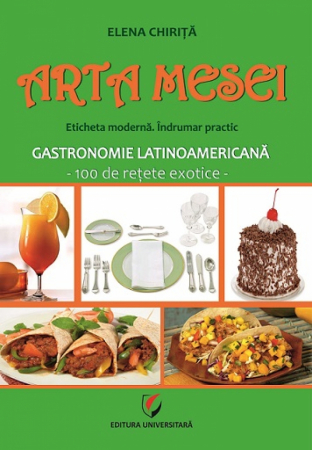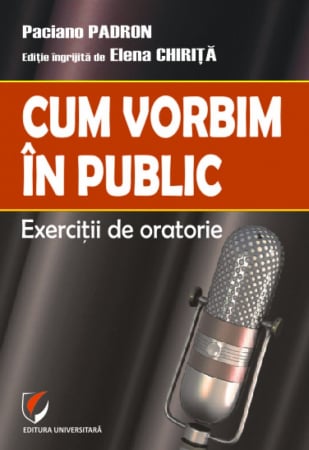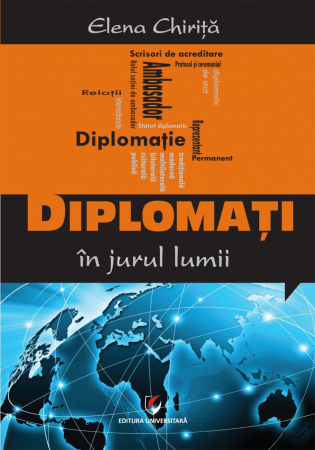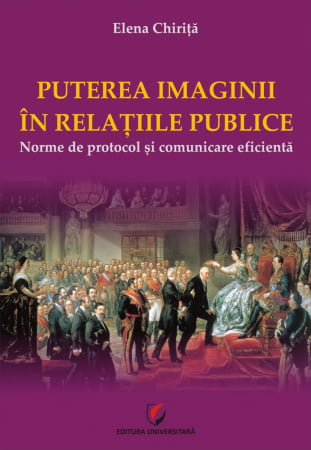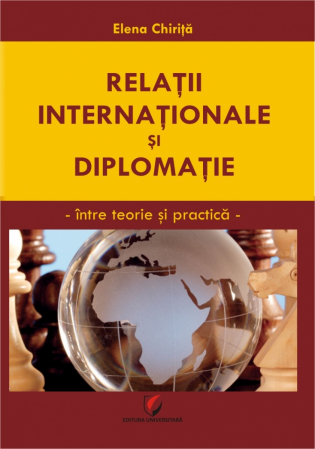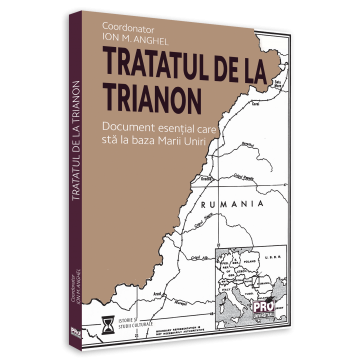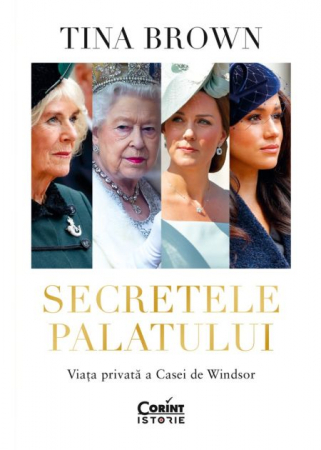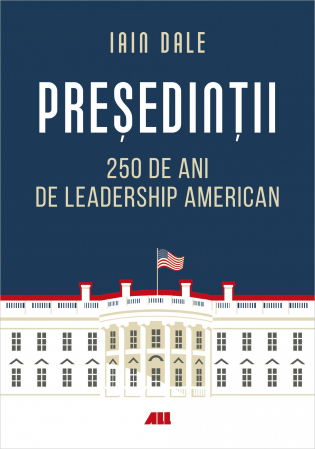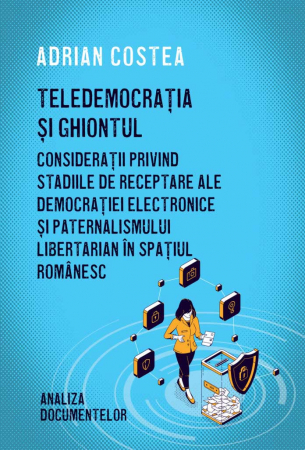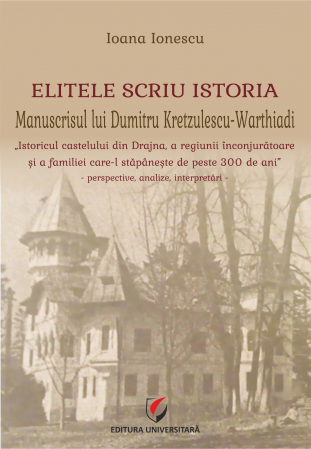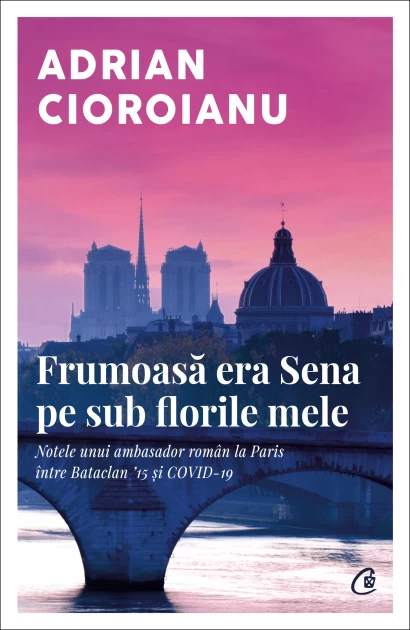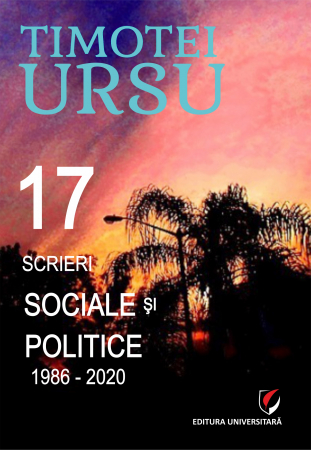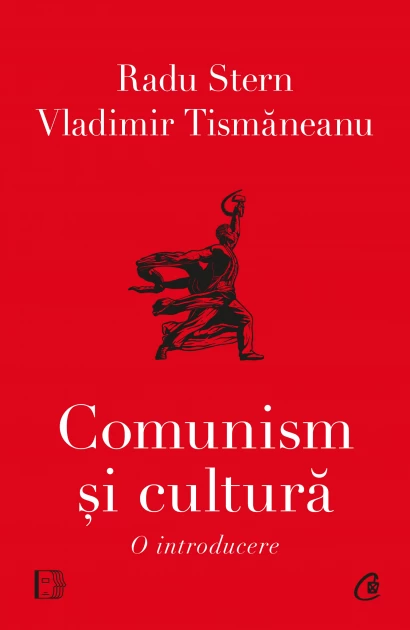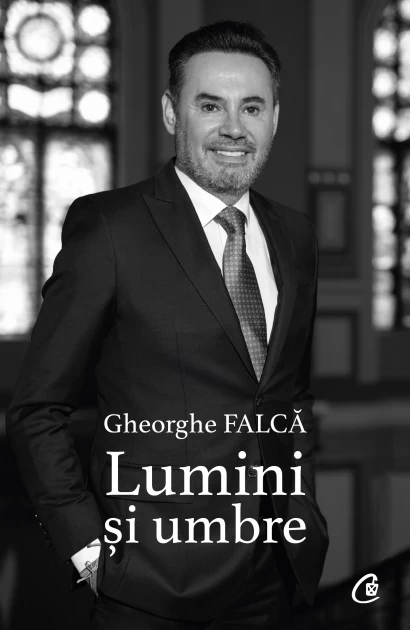ISBN: 978-606-28-1057-3
DOI: https://doi.org/10.5682/9786062810573
Publisher year: 2020
Edition: I
Pages: 210
Publisher: Editura Universitară
Author: Elena Chirita
- Description
- Download (1)
- Authors
- More details
- Content
- Reviews (0)
"The illiterates of the 21st century will not be those who cannot read and write, but those who cannot learn, learn and re-learn." (Herbert Gerjouy)
After carefully reading this wonderful "Practical Handbook for Politicians and Civil Servants", written by my friend from Romania, Elena Chirita, I could not recommend this work that maintains a correct balance between rigorous theoretical content and pragmatic vision, dynamic and realistic exercise of public office. Like any good textbook, it contains an analysis of all aspects related to the professional practice of a modern politician and civil servant who aspires to relate in an assertive and empathetic way with citizens. With this book, Elena Chirita will teach you to apply the best rules for a successful communication. For the content of this paper, the author uses her experience in journalism and public diplomacy, the theoretical knowledge acquired at prestigious schools of Oratory, Leadership, Protocol and Ceremonial in South America, as well as an additional carefully selected bibliography. Oratory and Leadership, Protocol and Negotiation are topics that cannot be avoided by any respected politician or official. Politicians and civil servants in the 21st century must learn what they do not know. This is how innovation begins. But we know that it is very difficult, because many of them have a very strong personality and are very proud. "Practical handbook for Politicians and Civil Servants" contains the keys to make competitive any activity in the local and central administration.
In a world where new technologies and social networks play a fundamental role in any political campaign, being on the verge of being recognized as a determining factor in choosing the first man in the state, the main candidates for eligible positions ignore the first and oldest instrument of campaign: political oratory. The poor training and, therefore, the few discursive qualities of the aspirants to public positions are obvious. In general, there is a lack of interest in this basic tool of propaganda, politicians considering that they are well enough prepared to face the public in different circumstances in which they have to address it; the resistance in this sense being very high. It would seem, however, that no one wants to admit that its natural form of expression alone is not enough to achieve the desired impact in a political campaign. On the other hand, the main advantage of a politician, in a broad sense of the term, is the political power he holds. This construction of power or classical representativeness is based on methodologies in which the ability of oral communication does not play a decisive role. First, a leader must learn how to build territorial power, how to become strong in a specific geographical area, how to relate to key personalities in the area, how to negotiate strategic agreements and alliances and, most importantly, to wait. patiently the opportunity to rise from the bottom of the party pyramid. In this context, it is not uncommon for a candidate to aspire to an important public office, without having real communication skills with the general public, at times when the big difference between candidates is achieved through the communication impact. The first step in improving discursive performance is to recognize our limitations and begin continuous training. This process must be done based on the candidate's own values and abilities. No one can turn into what he is not and few reach, by themselves, the maximum potential he aspires to.
Prof. Mgter. Antonio Ezequiel Di Génova
University of Belgrano / Argentina
Visiting Professor at the School of Business and Social Sciences - ESERP / Spain
President of REDIRP
-
Practical handbook for POLITICIANS and CIVIL SERVANTS
Download
Journalist, member of the Union of Professional Journalists in Romania / -UZPR. Former editor of foreign policy and sustainable development at the daily "Romania Libera", he coordinated the weekly publication "Girueta Diplomatica". He conducted more than 300 interviews with heads of state, prime ministers, foreign ministers, Romanian and foreign ambassadors, high-ranking officials from the UN and the EU. She has been accredited and participated in conferences, congresses organized by United Nations agencies: UNEP, UNDP, FAO, IAEA, UNECE.
Postgraduate training courses: Oratory, Leadership, Protocol and Institutional Ceremonial
- Central University of Venezuela • Venezuelan Institute of Methodology
- “Aristides Calvani” International Training Institute - IFEDEC
- “Pedro Gual” Institute of Higher Diplomatic Studies
- University Institute of Administration and Management - IUDAG
Published books:
- "The Needle of the Compass" - political and diplomatic talks "
- "Diplomats around the world" - interviews
- "Politics and Diplomacy" - interviews
- "International relations and diplomacy - between theory and practice"
- "The power of the image in public relations. Norms of protocol and efficient communication"
- “How we speak in public. Oratory Exercises ”(Paciano Padron and ElenaChirita);
- “Holocaust. Destiny at the crossroads "
- “The Art of the Table. Latin American gastronomy ”
Mrs. Elena Chirita is a real performer. He is an old journalist specialized in international politics, informing the Romanian public for many years about the most important developments in the international space. Thus, Mrs. Chirita became, through perseverance and consistency, one of the most convincing voices of the old "Free Romania".
He then had the opportunity to see up close, every day, the evolutions in a country as interesting as it is strange - Venezuela. Mrs. Chirita accompanied her husband in his capacity as Romanian ambassador to Caracas. There, the author of the following pages followed on the one hand the extremely accidental evolutions of Venezuelan public life, but also had the opportunity to see up close the way the diplomatic media in a Latin American country works, a space where the protocol ballet of diplomacy she's at his house.
These two types of intellectual contacts have visibly marked the career of the author Elena Chirita. The bibliographic list of the author of this book is very eloquent in this respect.
This time, the author Elena Chirita brings in front of the Romanian public a completely different approach, an approach that will certainly have an effect.
It is a textbook, a textbook addressed to politicians, dignitaries, civil servants, but also to the general public, who must know what to expect and what to ask the above mentioned categories.
The complexity of the text is obvious as long as the author goes from theoretical and historical approaches to specifying the practical skills that all those who serve the citizens must have.
This book is useful for anyone. The author's effort was exceptional. We must not lose sight of the style that reveals the life of a writer and journalist.
Prof. Dr. Gheorghe - Vlad Nistor
University of Bucharest
PREFACE / 11
CHAPTER I
POLITICAL THINKING IN ANTIQUITY / 13
• Greece, the cradle of democracy
• Police. City-State
• Politics derives from justice
• Ancient Rome
• Institutions of the Romanian Republic
• The Dacian Kingdom
• Governance systems. Monarchy + aristocracy + democracy?
CHAPTER II
ELECTION CAMPAIGN / 21
• Election campaign. concepts
• The keys to political marketing. origins
• Modern political marketing
• What sensitizes the electorate: the party, the leader, the candidate?
• Electoral campaign planning
• Campaign team
• Press office. Spokesman
• Duties of the press office
• Eight golden rules for candidates
• Electoral debate, Achilles' heel
• Candidate's message
• Examples of election messages
• Press interview during the election campaign
• Advertising spot
• Electoral discourse. Metaphors in political language
• Three big mistakes in the election campaign
• Music, a tool for political communication in the campaign
• Candidate attributes
• Political alliance
• Types of coalitions
• Advantages and disadvantages of the coalition
CHAPTER III
LEADER OR CHIEF? / 41
• The crisis of political parties or the crisis of political leaders?
• Leader qualities
• Classification of leaders
• Leader style
• Leaders' shortcomings
CHAPTER IV
POLITICAL COMMUNICATION / 49
• Political messages and the art of oratory
• Persuasive oratory for administration and leadership
• Three golden rules for the speaker
• The decalogue of persuasive speech
• Oral message, a triple message
• Speaker and listener. The decalogue of the good listener
• Speaking
• Behavior in front of the audience
• Psychology of the untrained speaker and public psychology
• Political propaganda
• Non-verbal communication
• How we know people through their body language
CHAPTER V
FAMOUS SPEECHES / 71
• Marcus Tullius Cicero
• Simon Bolivar
• Nicolae Iorga
• NicolaeTitulescu
• Iuliu Maniu
• Ion I. C. Bratianu
• King Ferdinand I of Romania
• Mihail Kogalniceanu
• Take Ionescu
• Eva Peron
• Hugo Rafael Chavez Frias
• Margaret Thatcher
• Martin Luther King jr.
• Abraham Lincoln
• Barack Obama
CHAPTER VI
THE ART OF POLITICAL NEGOTIATION / 151
• Negotiation, not debate
• Consequences of poor communication
• The advantages of negotiation between political parties
• Choice of negotiator
• Profile of successful negotiator
• Paradigms in the negotiation process
• Psychology in political negotiation
• The difference between strategy and tactics
• Stages of negotiation
• Negotiation tools
• Recommendations for a successful negotiation
• Offer and counter-offer
• Ceremonial and Negotiation
• Negotiations that marked the history of mankind
• Conflicts and Peace Accords
CHAPTER VII
PUBLIC POLICIES AND PUBLIC OFFICIALS / 169
• Public policies
• General public position
• Public management positions
• Public executive functions
• Public servant
• Counter clerk
• Profile of a good official
• Government communication
• Objectives and tools
• Recommendations for an effective press release
• Preparation of the press conference
• Conducting the press conference
• Press release. Briefing
• The organizational stages of the briefing
• Press file
• When and how we respond to journalists
• The right of reply
• Relationship with the press
• Steps to follow to conduct the interview
• Spokesperson. Profile and attributions
• Crisis management. Reaction or silence?
• The consequences of the crisis
• Counselors
• Government communication mistakes
CHAPTER VIII
GENERAL RULES OF LABEL AND PROTOCOL / 189
• Is there a political protocol?
• Protocol. Ceremonial. Definitions and concepts
• Protocol specialist: head of protocol, master of ceremonies
• Protocol staff: Profile and attributions
• Use of national symbols
• Meetings. Flying "intra-wall" flags
• Presentation label
• Addressing formulas
• International customs
• Forms of greeting in different countries
• Gifts
• Written invitation
• The importance of colors in the label and protocol

6359.png)
![Practical Handbook for Politicians and Civil Servants [1] Practical Handbook for Politicians and Civil Servants [1]](https://gomagcdn.ro/domains/editurauniversitara.ro/files/product/large/practical-handbook-for-politicians-and-civil-servants-2947-7113.jpg)

